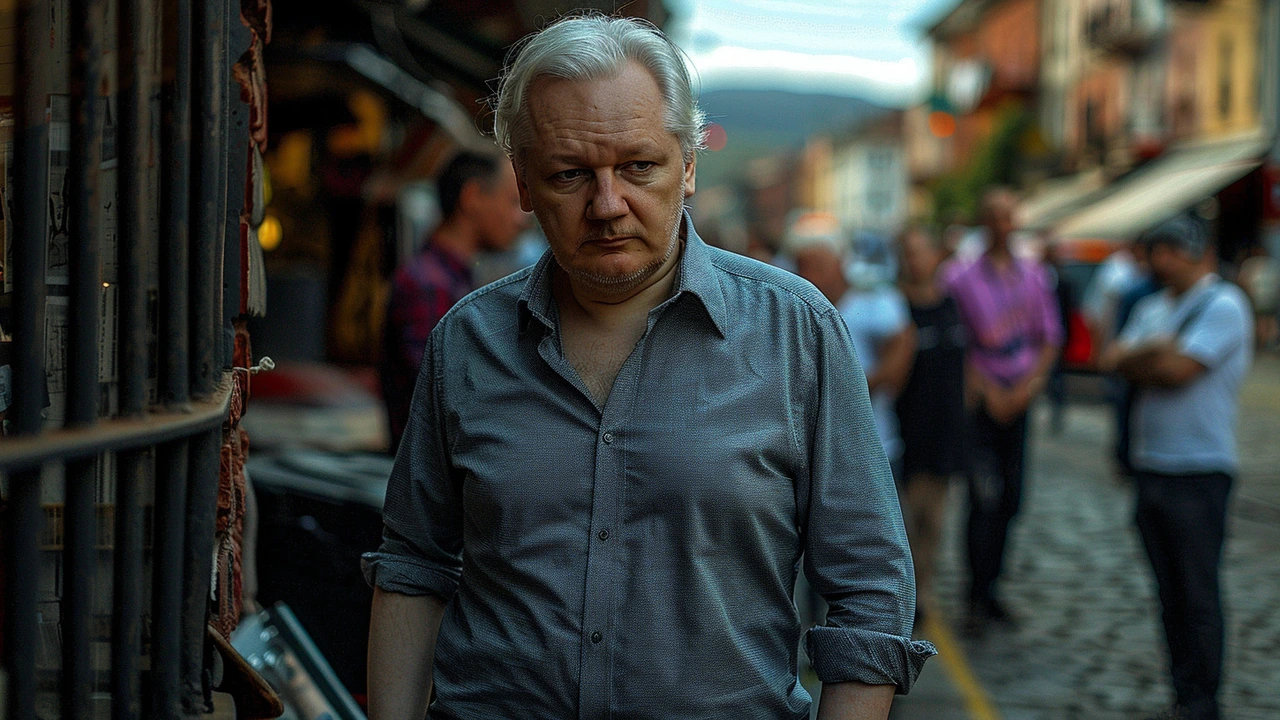Julian Assange: What You Need to Know
Julian Assange is a name that comes up often when people talk about transparency and whistleblowing. As the founder of WikiLeaks, he made headlines worldwide by publishing confidential government documents. This stirred up debates about security, free speech, and the public’s right to know what their governments are doing behind closed doors.
Assange’s actions have supporters who see him as a hero defending freedom of information. But there are also critics who argue that exposing classified details can put lives at risk. Whatever your view, it’s clear that his work has changed how we think about journalism and government secrecy.
Why Julian Assange Matters Today
His cases and legal battles have raised important questions about press freedom. For journalists and everyday readers alike, Assange’s story is a reminder of the risks involved in revealing hard truths. This impacts how media outlets operate and the way governments respond to leaks.
Moreover, Assange’s experiences highlight challenges around digital privacy and the protection of sources. As technology evolves, staying informed about these issues helps everyone understand the balance between transparency and security.
What to Keep in Mind
If you're following news tagged with Julian Assange, expect coverage that digs into whistleblowing, government accountability, and the limits of free speech. It’s a complex topic that touches politics, law, and ethics.
Whether you’re curious about the latest developments or seeking background information, staying updated here gives you a clearer picture of this ongoing conversation. It’s not just about one man; it’s about how societies handle difficult truths in a digital age.

Julian Assange, WikiLeaks founder, is poised to plead guilty to a felony charge in a historic deal with the US Justice Department. Expected to appear in a federal court in the Mariana Islands, Assange faces an Espionage Act charge. Following his plea and sentencing in Saipan, he will return to Australia, marking his first travels since 2012.
Read More